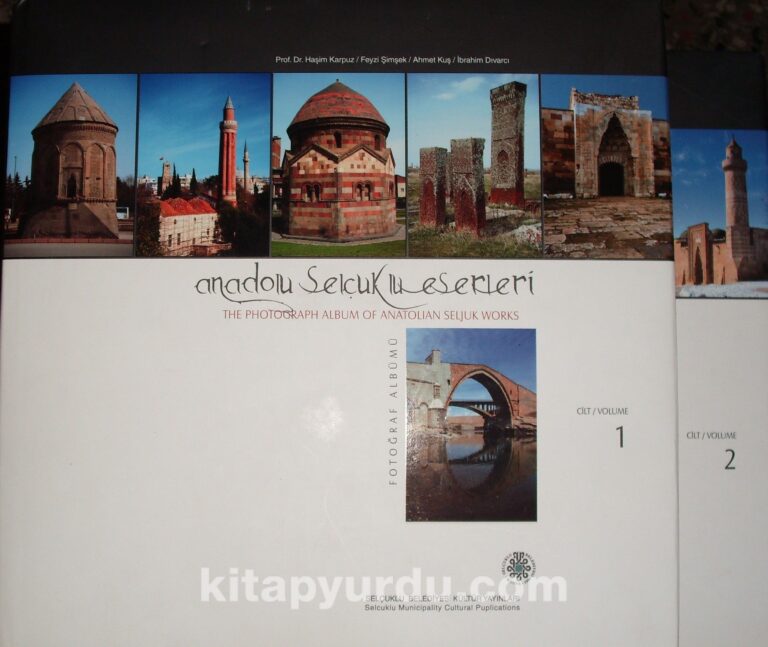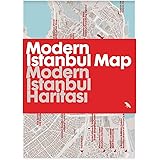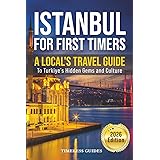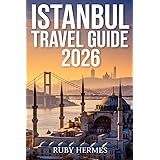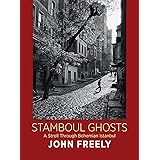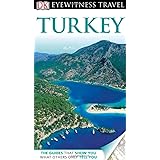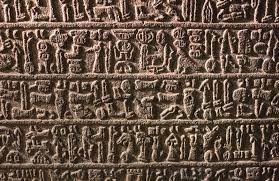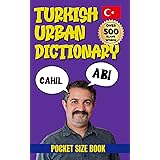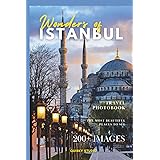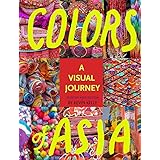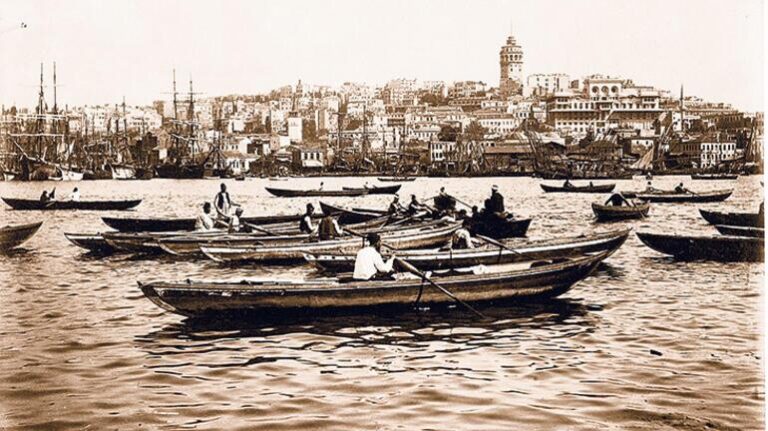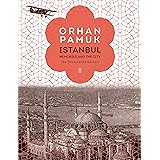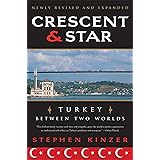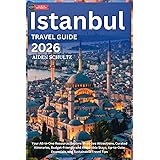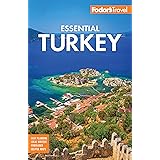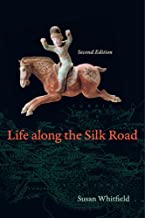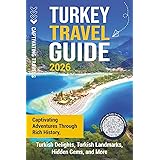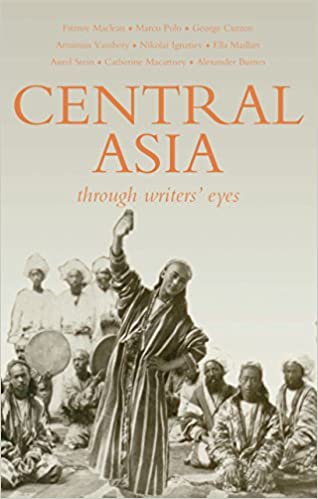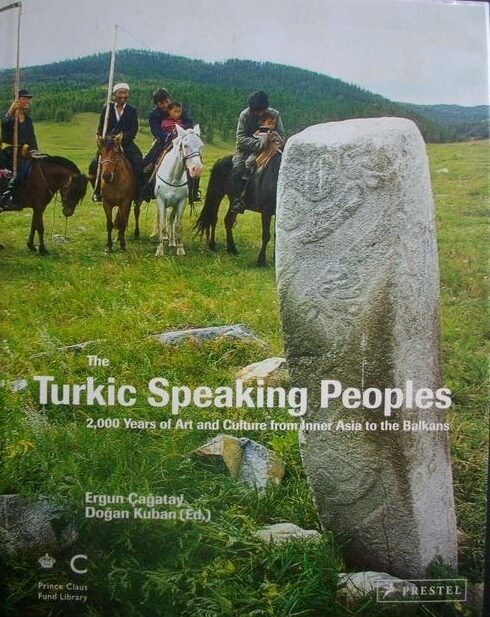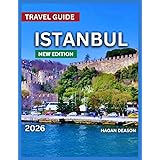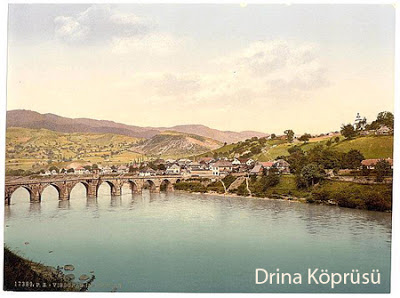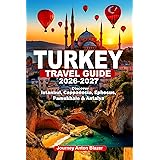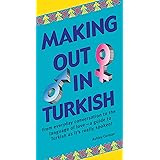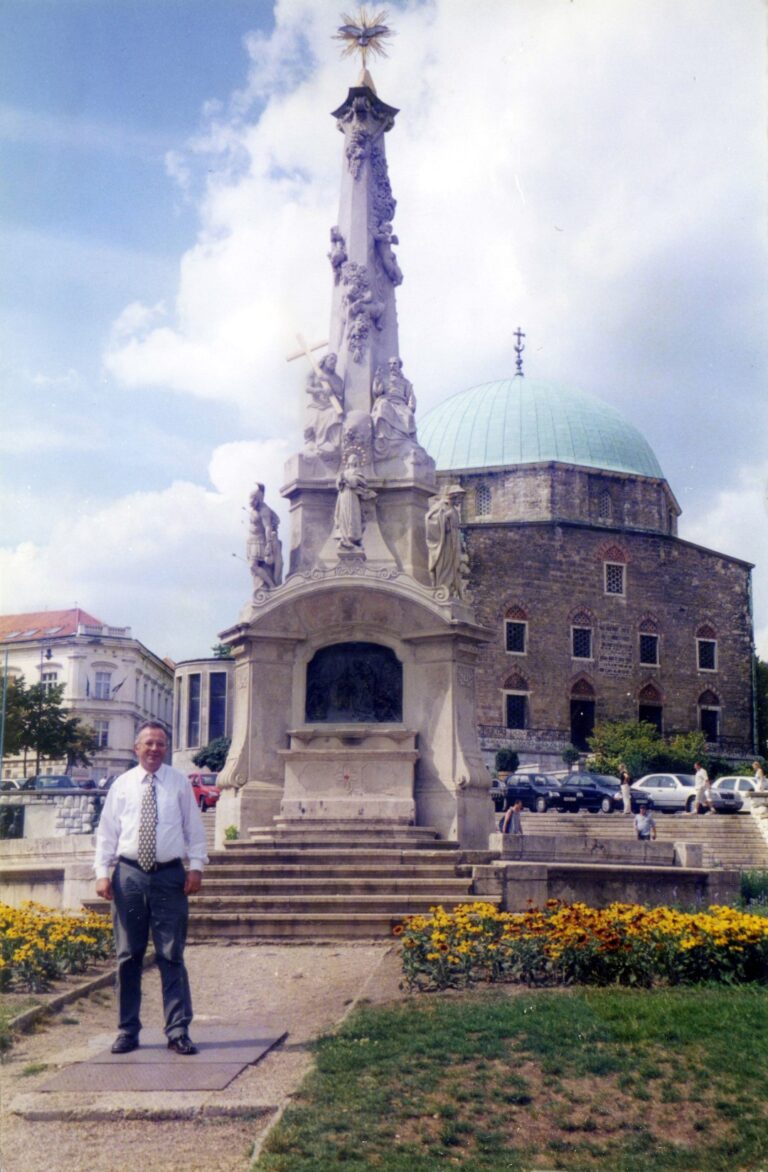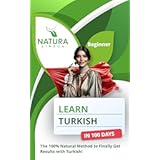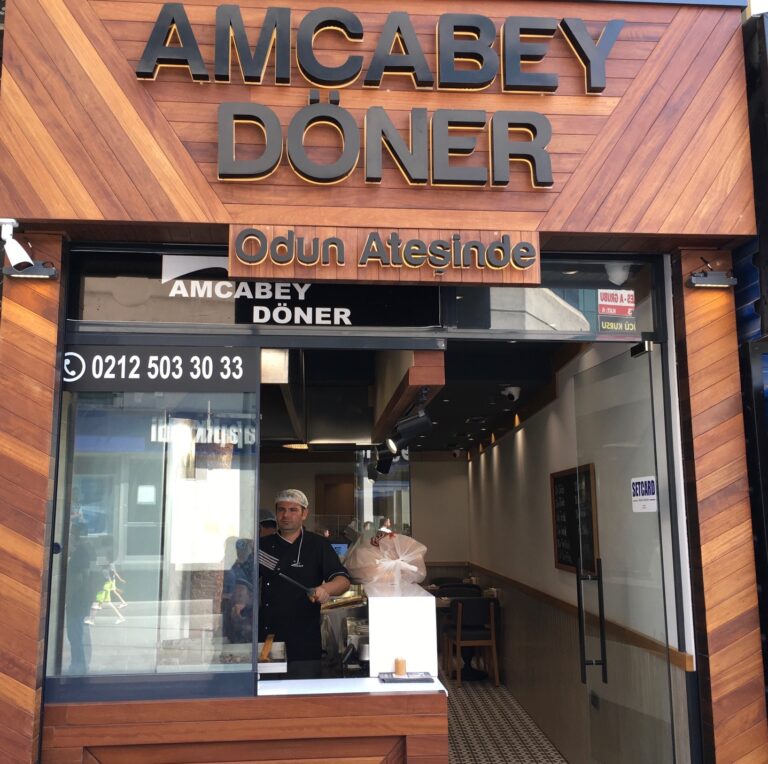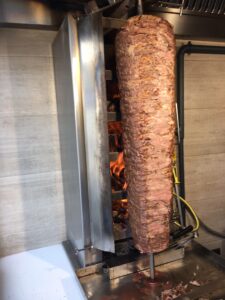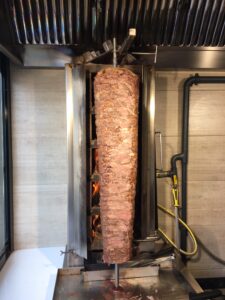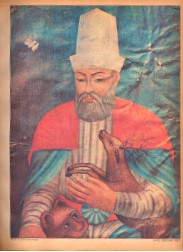by Doğan Hızlan
In order to know the history of Anatolia, it is necessary to know its art and the human and social canvas that art provides.
We are just beginning to realize that preserving these is at the top of the elements necessary for the existence of that country. Studies such as the Anatolian Seljuk Works book are very important for us to promote and protect our historical and present richness. I am in favor of exhibiting such works at this year’s Frankfurt Book Fair, where Turkey is the Guest of Honor. It is a work that should be kept in their libraries not only by experts but also by those who want to get to know Anatolia. I wholeheartedly support the works and books of local governments and municipalities on art.
Because we all learn about the importance of the place, not just those who live there, those who visit there or the experts on the subject.
There are two-volume Anatolian Seljuk Works albums on my desk . The book is prepared in two languages; Turkish and English. It was published in Konya Selçuklu Municipality Culture Publications .
Photo albums by Prof. Dr. Prepared by Haşim Karpuz / Feyzi Şimşek / Ahmet Kuş / İbrahim Divarcı .
At the beginning of the album, President Abdullah Gül ‘s Introduction , Konya-Seljuk Mayor Assoc. Dr. Adem Esen ‘s Foreword is included. In the Preface, Esen explains both the purpose of this project and his future projects .
“This work is the most important link of the project that we have been trying to realize for many years. In 2004, we started a project called ‘Seljuks; we protect our own civilization’. We have published albums that prepare the works of the Seljuks, Principalities, Ottoman Era and Sille Album in Konya.
Of course, it is not possible for us to pay our debt to the Seljuks, who founded our civilization in Anatolia. But at least, I believe that there should be a tidy book of his works that have survived to the present day. We should care about protecting everything that has survived from the Seljuks.
During the Seljuk period, Anatolia became the most prosperous country in the world. As a matter of fact, in this period when the most spectacular years were experienced in terms of economy, a great progress was made in culture and art as well as the vitality of commercial life. The Seljuks and the state that emerged from them filled all parts of the Islamic world with mosques, madrasahs, libraries, hospitals, medical schools, soup kitchens, zawiyas and caravanserais, and built large foundations for these institutions. Despite the natural and man-made destructions and the internal conflicts with the Crusader and Mongol invasions, most of the monuments in Anatolia belong to the Turks, but the works in Iraq, Syria and Egypt are noteworthy. After this work, we will try to address these places in our project ‘Loyalty to the Seljuks’ or awakening from history.”
SHOULD BE EXHIBITED IN FRANKFURT
prof. Dr. In Haşim Karpuz ‘s photo album of Seljuk Buildings in Turkey ; It emphasizes the foundation of Seljuk art, the importance of photographing architectural works, and introduces Anatolia in the Seljuk era.
In the analysis, information is given on the characteristics of culture, art environment, society and building types.
We can evaluate the sections of the article showing the method followed for better reading/seeing the book as follows: An inventory or determination study covering all of the Seljuk structures in Turkey has not been carried out so far. Haşim Karpuz expresses this as follows; ” We experienced the greatest difficulty in detecting structures produced with a wide variety of functions. During the determination, we consulted local histories and monographs other than the main reference sources on Seljuk architecture. Traveling around Turkey, which is a big country with different geographical features, and photographing the structures took both time and effort.
In line with the Turkish state tradition, the sultans of the Turkish Seljuks showed significant successes in the fields of state administration, economy, culture and art, as well as new conquests, in order to keep their nation alive in prosperity. They made significant contributions to medieval and world civilization. Within the framework of this understanding, they had mosques and masjids, madrasahs, healing houses, tombs, caravanserais, lodges and zawiyas, baths, palaces-mansions, bridges and in general Seljuk cities built. With this album work, unpretentious and for the first time, the architectural heritage of the Seljuks has been collectively documented and promoted.” The
first volume includes the architectural works of the following cities: Afyon, Aksaray, Amasya, Ankara, Antalya, Artvin, Batman, Bayburt, Bitlis, Burdur, Çankırı, Çorum, Denizli, Diyarbakır, Elazığ, Erzincan, Erzurum, Eskişehir, Gaziantep, Giresun, Gümüşhane, Iğdır, Isparta, İçel, Kahramanmaraş, Karaman, Kars, Kastamonu, Kayseri, Kırıkkale.
The cities in the second volume are listed as follows: Kırşehir, Konya, Kütahya, Malatya, Mardin, Muş, Nevşehir, Niğde, Samsun, Siirt, Sinop, Sivas, Şanlıurfa, Şırnak, Tokat, Tunceli, Uşak, Van, Yozgat.
The names and pages of the photographs are also included at the end of the second volume.
In order to know the history of Turkey and Anatolia, it is necessary to know its art and the human and social canvas that art provides. We are just beginning to realize that preserving these is at the top of the elements necessary for the existence of that country.
As explained in the Anatolian Seljuk Artifacts , some of the artifacts have disappeared, some have not been preserved, and some have been destroyed without considering their harmony with the environment. Our next care is of vital importance.
AN IMPORTANT STUDY ON TILE The Treasure of the Anatolian Soil Tile – Tiles of the Age of Seljuks and Principalities , prepared by
Rüçhan Arık and Genesis Arık , was published by Kale Grup Kültür Yayınları .
If we give the titles and authors, we can enlighten our readers about the feature of the book.
Material in Seljuk and principalities Age Tile, Some Observations Relating to Technical and oven / Muharram Attracting
A Glimpse of China’s History / The resulting Arik
Anatolian Seljuk and Principalities Period Religious and Public Buildings in Tile / The resulting Arik
in Seljuk Tile Tile Form Determination Against the Wall Covering Designs and Baking Some Processes Afterwards / Rüstem Bozer
The Composition and Technology of Kubad Abad Seljuk Tiles / Zehra Yeğingil – Ian C. Freestrone
Tile in Anatolian Seljuk Palaces / Priority Arık.
In the presentation ; Rüçhan Arık and Genesis Arık emphasize the place and social decisiveness of tile: “The Anatolian soil has been doughed, baked, decorated and added to our lives since the polished stone age, when people thought that it could be used for pots and other objects.
Quality ceramics, especially glazed ceramics. It has always been a source of prestige that reflects the welfare level of societies; at the same time, it has been accepted as an indicator of the level of culture and art, like today’s paintings.
SELÇUKLU PALACE TILES Some Determinations on Materials, Techniques and Kilns in
Muharrem Ceken ‘s Tiles from the Seljuk and Principalities PeriodAn interesting review for those who want to learn how tile was made in different periods. Formation
Arık ‘s A Brief Overview of the History of Tile describes the situation of tile in different geographies and structures. An article that provides an overview of tile.
His analysis is followed by the works of Rüstem Bozer, Zehra Yeğingil – Ian C. Freestone .
Rüçhan Arık ‘s tile writing in Anatolian Seljuk Palaces completes the research by explaining the tiles in important palaces in all details. At the end of the Tile book; Includes author biographies and a select bibliography.
I recommend it to those who want to learn about tile.
https://www.hurriyet.com.tr/anadolu-da-sanatin-gorkemi-9933871

